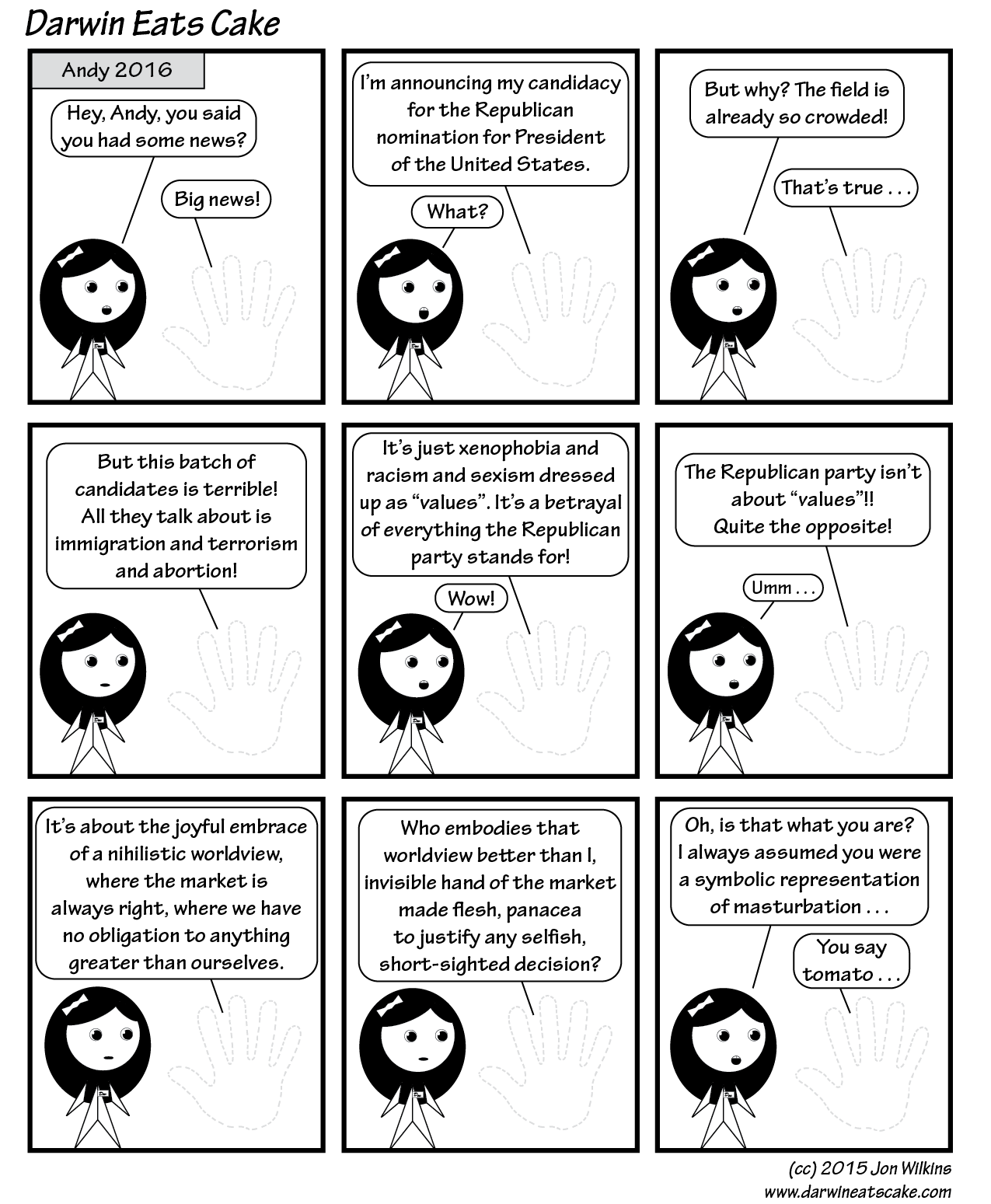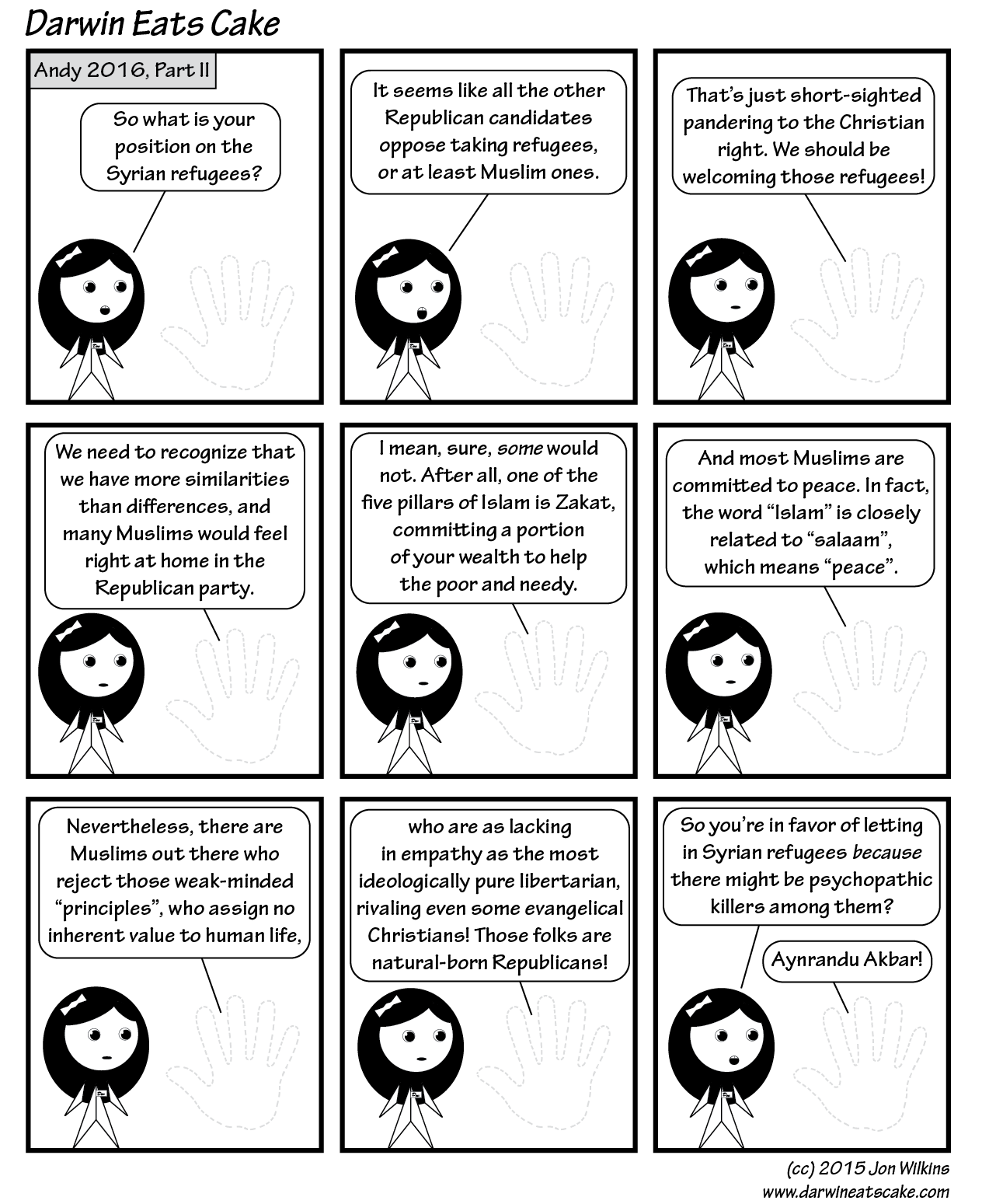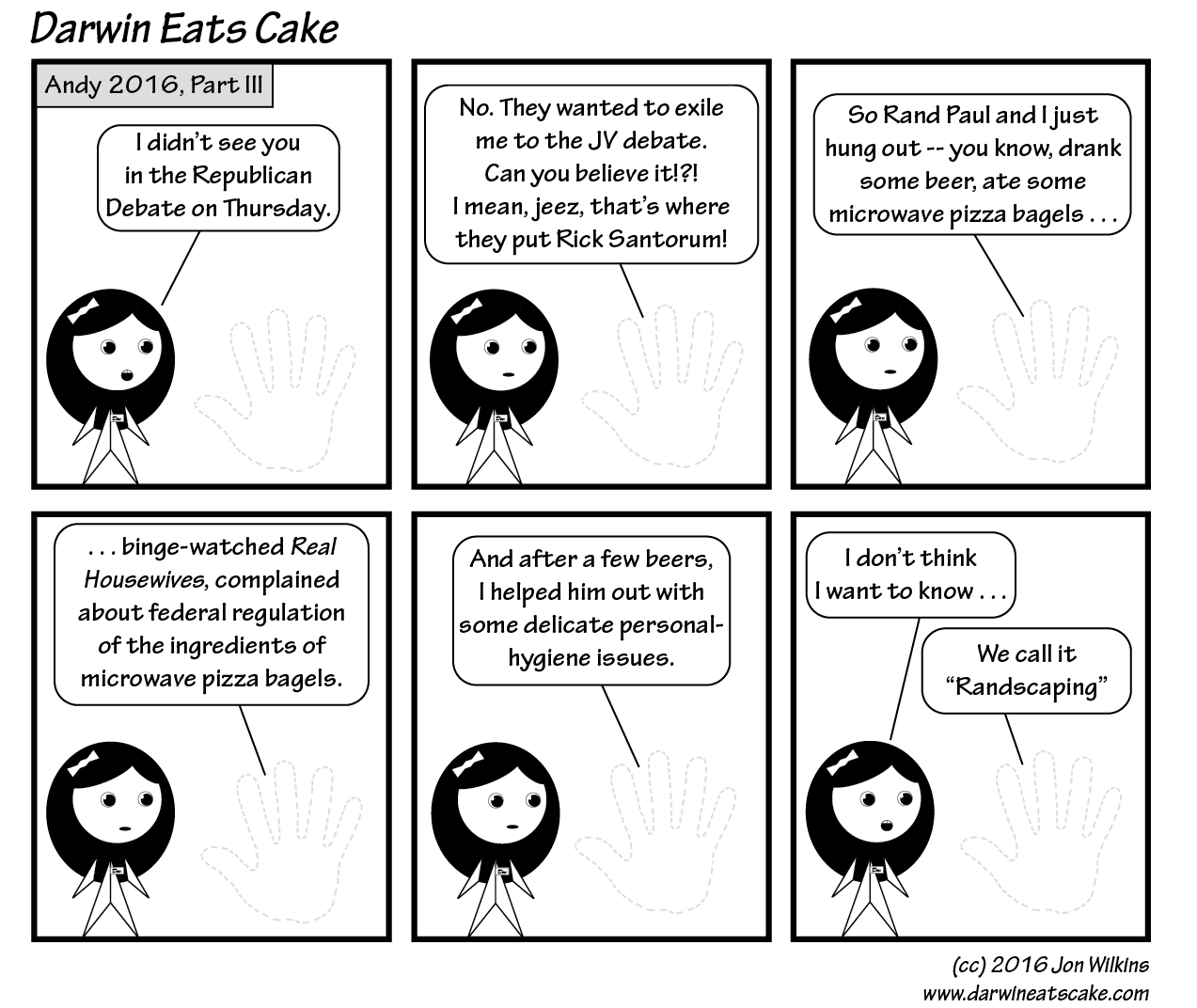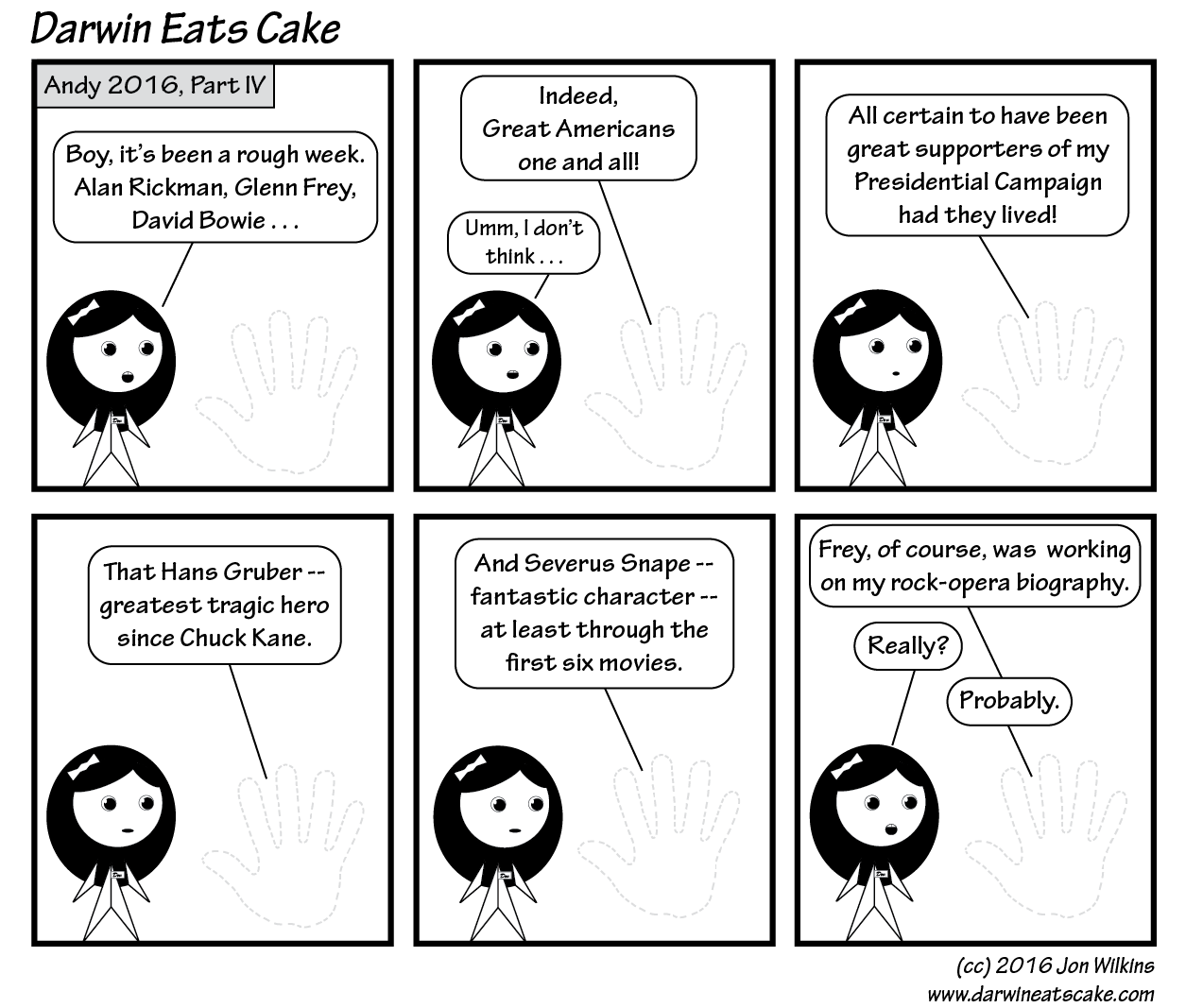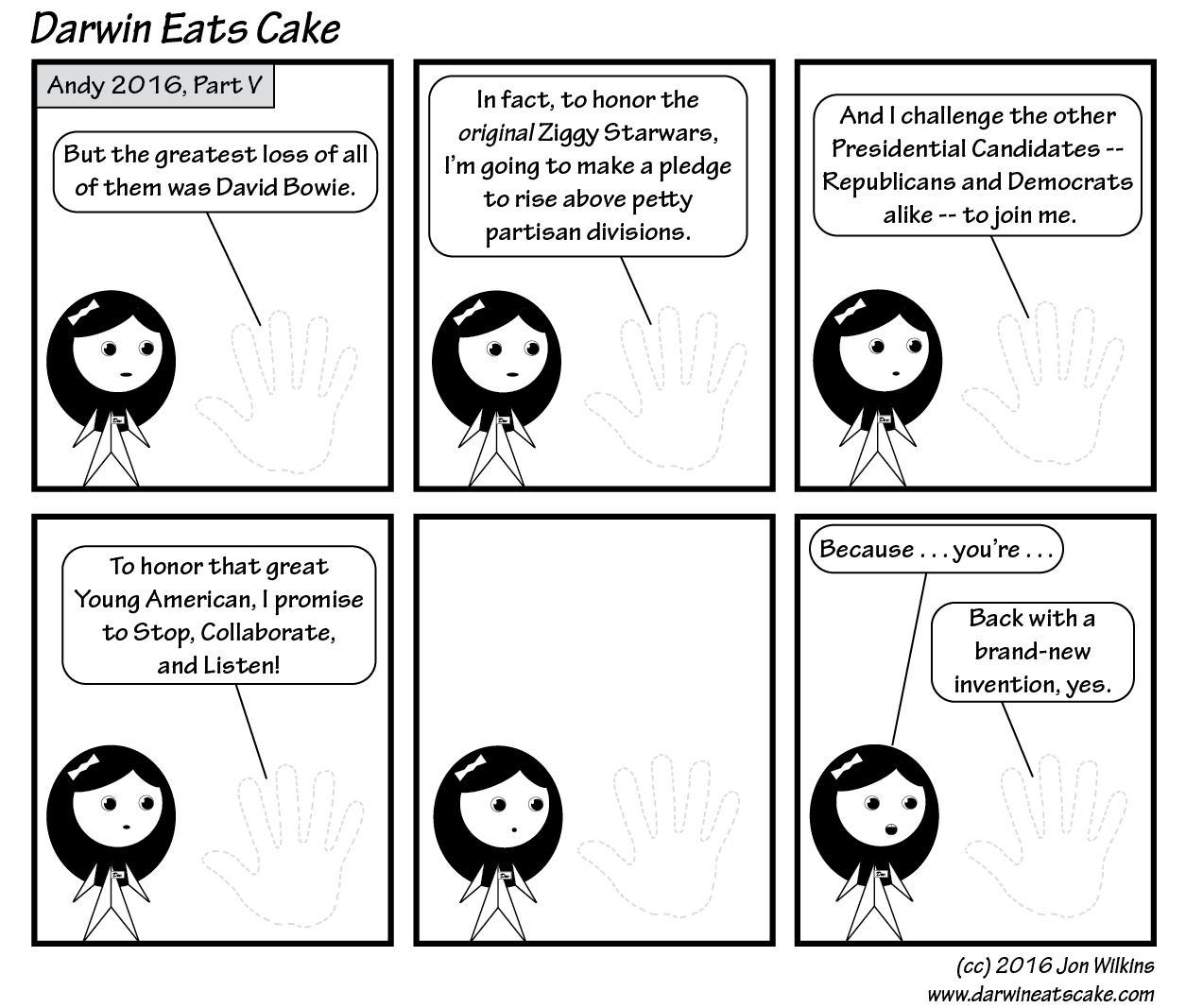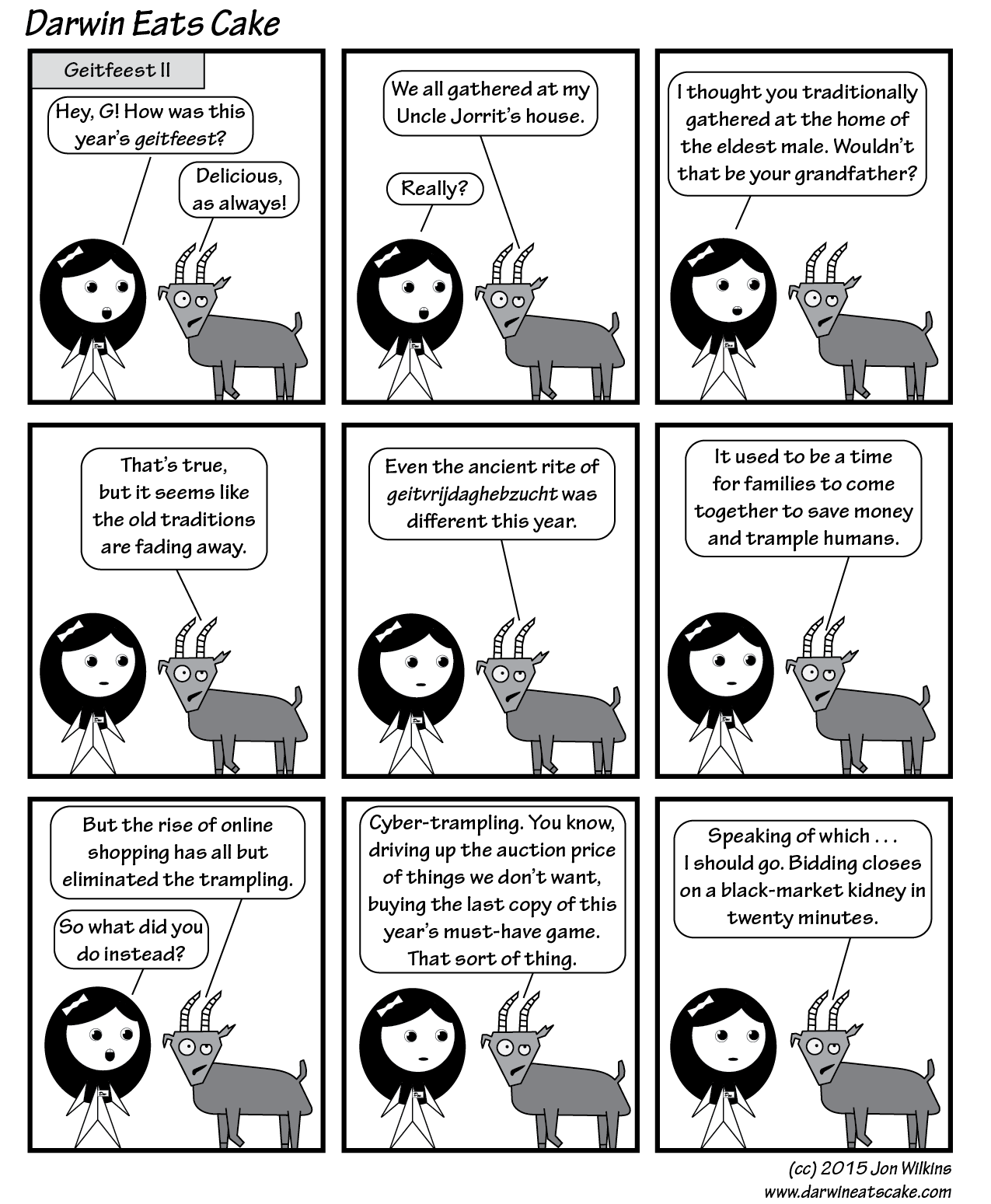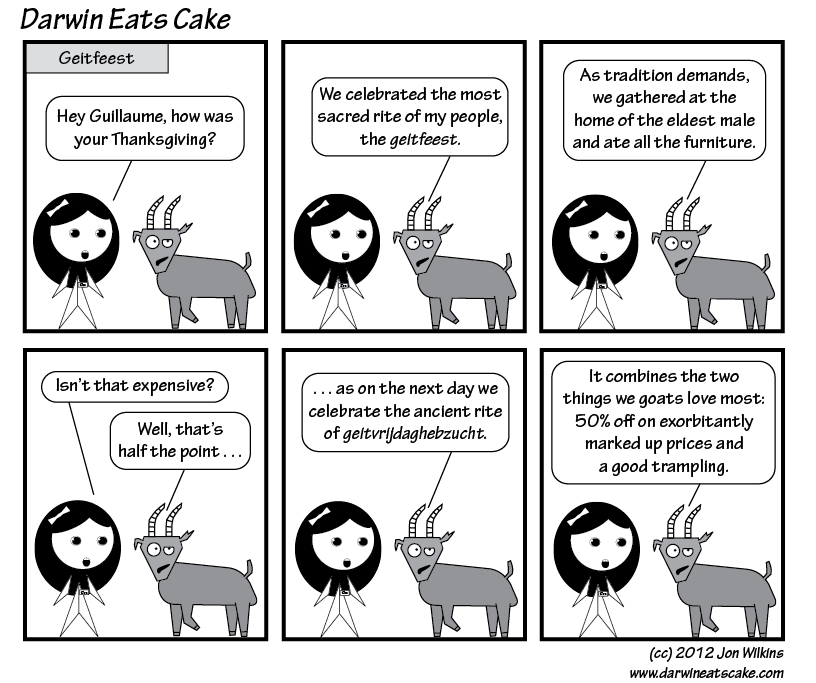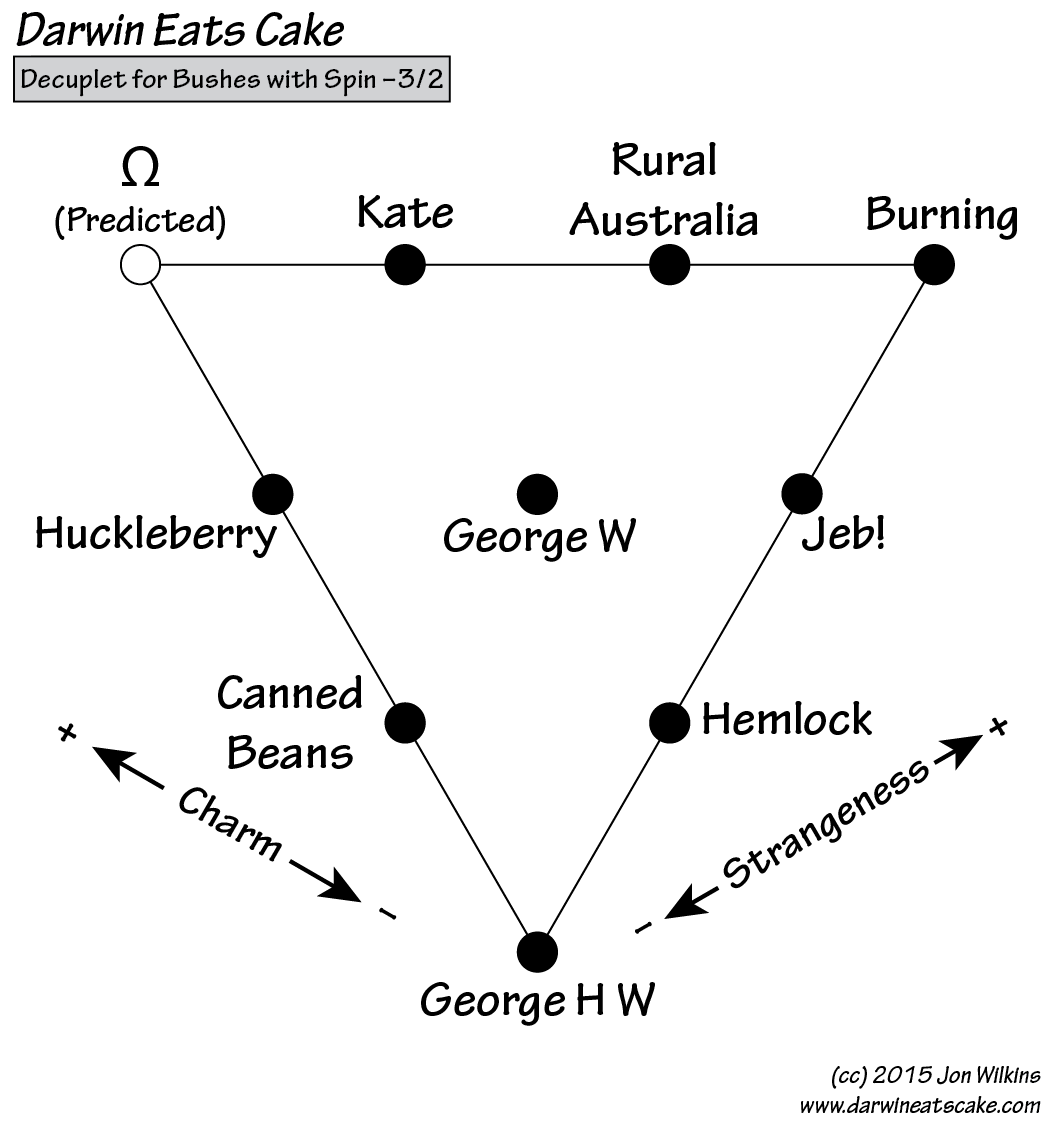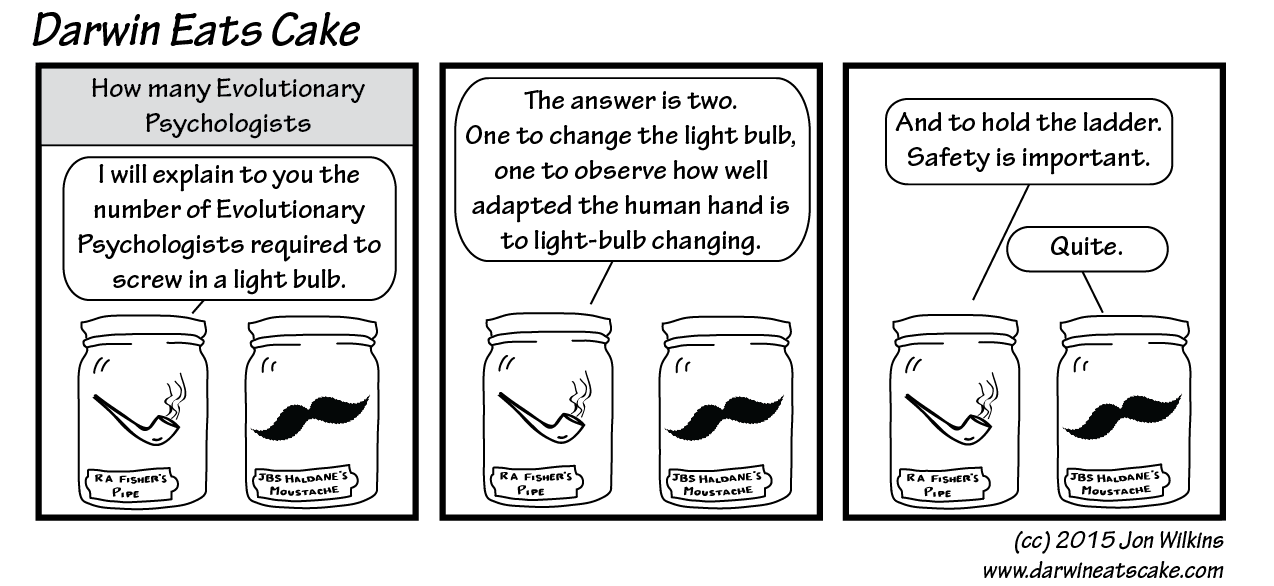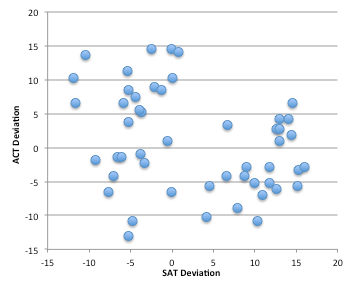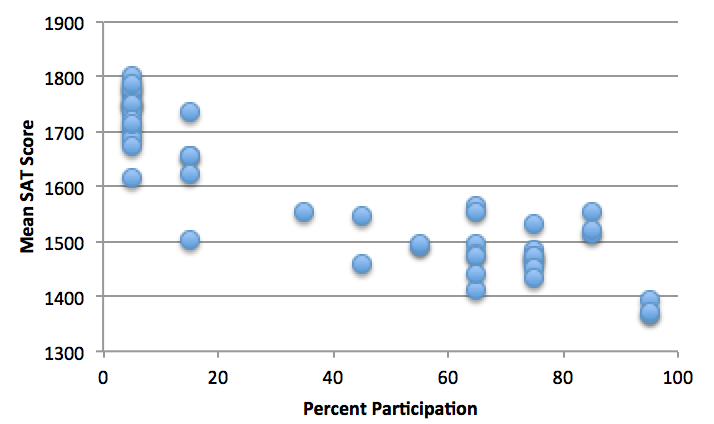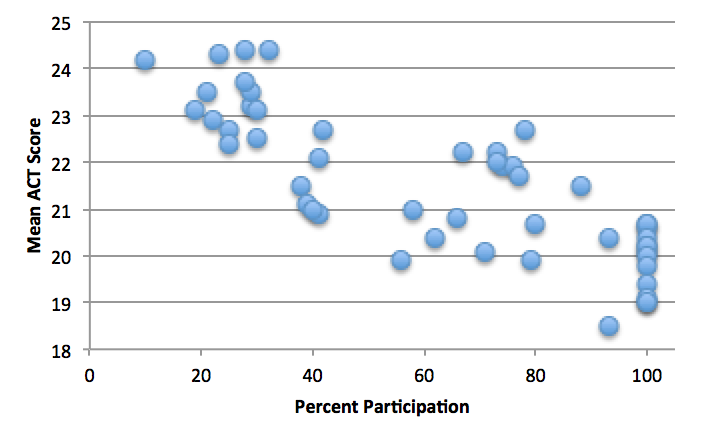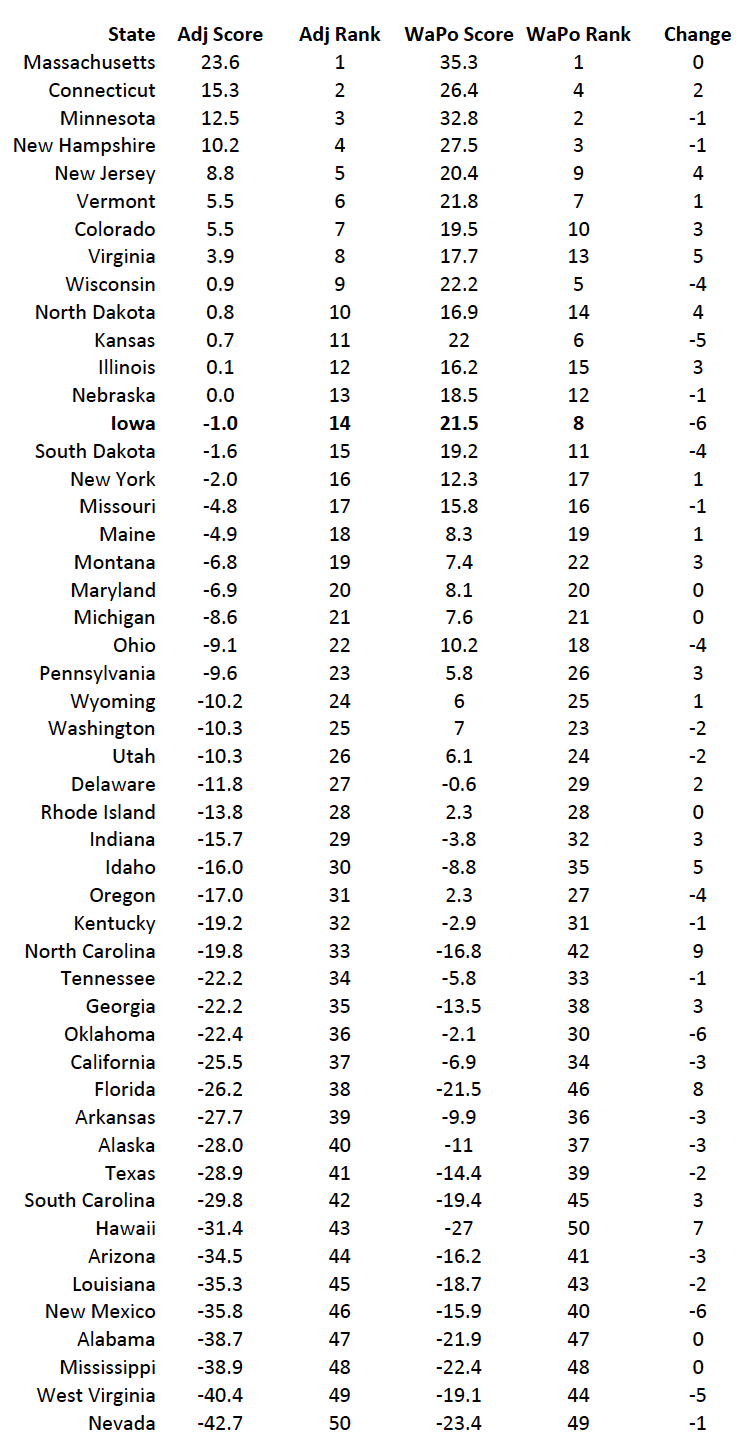Last week’s issue of Science included an article on yet another case of sexual harassment in academia — this time in Physical Anthropology. This case involves a research assistant who claims that her supervisor at the American Museum of Natural History, Brian Richmond, sexually assaulted her at a conference in Italy. I won’t go into the details here, but I would encourage you to read the excellent article by Michael Balter. The good news is that, the response of the institutions involved, and the broader field, seems to have been pretty appropriate, despite the fact that Richmond is a prominent member of the field.
Incidents like this typically happen in the absence of third-party witnesses, and we wind up with nothing to go on but the statements of the accuser and accused. This provides room for rationalization by the morons who reflexively defend anyone in a position of authority. And it leaves the rest of us (trained as we have been by political “journalism”) to assume that the truth must lie somewhere in between. And often — though perhaps not in these most recent cases — that uncertainly provides universities with an excuse for not taking substantive action against prominent (and well funded) faculty.
With that in mind, I think it’s worth looking at Richmond’s side of the story. From Balter’s piece:
Richmond, who was also at the meeting, has vigorously denied the accusations in a statement to Science and in email responses. (He declined to be interviewed in person or by telephone.) The encounter in the hotel room, he wrote, was “consensual and reciprocal,” adding that “I never sexually assaulted anyone.”
The piece also describes a long-term pattern of behavior by Richmond at the Koobi Fora Field School in Kenya, which led to his resignation from his role as an instructor there. Again, Richmond’s side of the story:
Richmond notes in his statement to Science that before the incident in Italy, “there had never been a complaint or report against me throughout my career,” including from students at the field school. He stresses that he “voluntarily resigned my affiliation” with the field school, and explained in an email that he hoped his resignation “would help address the anger Wood reported to me” from those accusing him of inappropriate behavior.
Richmond also says that his relationships with female researchers were consensual. Nevertheless, he says in his statement, “I take full responsibility for exercising poor judgment in the past by mixing my professional and personal lives, including having consensual affairs, and I have changed my thinking and my behavior. I am deeply distressed to learn that I have upset the women involved and colleagues in my field. I regret that I was not sensitive to how my academic position could impact the dynamics of consensual relationships.”
Here’s the thing that I don’t understand. Even if we assume that the truth is exactly Richmond’s version of events, his behavior was wildly inappropriate in a way that should be obvious to anyone who does not have a vested interest in perpetuating a culture of harassment and exploitation in academia.
I mean, it’s great that he now understands that “mixing [his] professional and personal lives” is a bad idea and that his “academic position could impact the dynamics of consensual relationships”. But there is no excuse for his not having understood these things before. It’s just not that complicated.
Here’s the rule: When you have substantial power over someone, don’t hit on them.
If you do, best case scenario, whatever happens between you is tainted by the fact that you can’t be sure if they’re really into you. Worst case scenario, you don’t care if they’re really into you, which puts you somewhere on a scale that runs between “manipulative creep” and “rapist”.
So how do you know if you’ve got substantial power over someone? Well, if you’re Curator of Human Origins at the American Museum of Natural History, you sure as hell have a lot of power over a research assistant who works for you. When you’re a prominent anthropologist, you sure as hell have a lot of power over young anthropology students attending a field school in Kenya. But what about the rest of us?
The Power of Destruction
Academia is hierarchical, perhaps irrevocably so. Senior academics have power over junior academics, because academic careers depend on connections and recommendations. Moreover, an academic career can easily be derailed by a phone call from the right person. As Paul Muad’Dib says, “The power to destroy a thing is the absolute control over it.”

It doesn’t matter that you would never destroy someone’s career just because they spurned your advances. If you could — or if they perceive that you could — the power dynamic is in there. And that academic power structure exists in addition to all of the power structures of society — the ones based on gender and race and age and socioeconomic status and everything else. You have somewhat less “power of destruction” over, say, a white male student whose parents are both professors at your university. You have more over a minority female student whose family lives in poverty in a third-world country, whose English is not great, and whose visa will be revoked if she leaves grad school.
To be clear, you should not sleep with either of those students. But the extent of your ability to threaten, coerce, and manipulate is very different in the two cases. Or rather, there is a big difference in the extent to which any advances on your part can not fail to be perceived as coercive and threatening.
A Field Test for Identifying Appropriate Sexual Partners in Academia
I’m going to assume that I’ve already alienated the remorseless sexual predators, and that if you’re still reading, you’re someone who wants to do the right thing, that you don’t want to exploit your power and reputation. But even with the best of intentions, it can be hard to tell where exactly the line should be.
The problem is that power differentials are often invisible to the people holding the power. To the extent that they do see their power, they feel entitled to it, and probably view themselves as benevolent dictators who would never abuse it. That makes it all too easy to ignore, or rationalize away the hazards of a sexual encounter with a student, employee, or junior colleague.
These issues are always matters of degree, and the right answer may depend on the details of the situation in a way that can be captured only very approximately by rules like “no relationships between a faculty member and a student in their department”.
I’d like to propose a thought experiment that you can deploy when you find yourself asking, “Should I hit on this person?”
Imagine that this junior person in your field — maybe a grad student or a postdoc — made a completely false allegation against you. You’ve never even been alone in a room together, but they accuse you of sexual assault. Maybe they’re just a pathological liar. You’re the victim here, but you feel a moral responsibility to make sure that this person doesn’t wind up in a position where they have authority over other people. Because you’re a hero. If that were to happen, could you stop an unsuspecting department from hiring them?
If you hypothetically could do this, then you have no business getting involved with this person — or anyone else with whom you have a similar relationship.
For fans of the mixed metaphor: If you insist on shitting where you eat, pick on someone your own size.
If we’re talking about a student, postdoc, research assistant, etc., who is under your subordinate, you absolutely have this power of destruction — so write that one off right away.
But what about other students in the department, or at other institutions? This is where the thought experiment is useful, I think. For example, if you’re an untenured assistant professor, you probably don’t have power of destruction over the career of a student who works under the chair of your department. There are a lot of other reasons why a relationship is probably a bad idea, but your power over the student might not be one of them.
On the other hand, if you’re one of the biggest stars in your field — you bring in millions of dollars of grant money, and your name comes up every year around Nobel-Prize time — you probably have power of destruction over not just all of the students in your department, but those at other schools as well. In fact, you would do well to steer clear of relationships with junior faculty in the field.
If you’re applying this to yourself, I think it’s important to use the test as I’ve described it — imagining the scenario where you’re the victim — as it will make it easier to recognize the power you have.
If you’re applying it as a third party, it’s maybe easier. If you can imagine saying to someone, “Don’t alienate Professor Whatsit. That could really mess up your career”, the corollary is that a relationship between that person and Professor Whatsit would also be inappropriate. Or, more concisely:
If Pat can’t afford to screw over Chris, then Chris has no business screwing Pat.
A Final Note on True Love
One of the objections that is always raised in these contexts is this: What about true love? What if your one true soul mate just happens to be a student in your laboratory? I’m skeptical of this argument on its face, given that most people just happen to find their soul mate — the only person they could possibly be with — within the vanishingly small fraction of the population they actually encounter. But, for purposes of argument, let’s entertain it.
If your defense is that each of you can’t possibly live without the other, that’s fantastic, and I wish you all the happiness in the world. The more senior of you just needs to quit your job. You can probably move to a new university, or, depending on the situation, maybe you just need to move to a different department.
What’s that? You say it’s hard to find faculty jobs? Well, you could leave academia! After all, yours is a love for the ages, one for which you would be willing to make any sacrifice, right? That’s what you told the folks in HR, anyway.
No? You couldn’t possibly rob the world of your singular intellect? And isn’t it unfair of the university to punish you for falling in love? Why should you have to sacrifice your career? Hmm, this is starting to sound less like “Star-crossed lovers find redemption in May-October romance” and more like “Entitled asshole deals with mid-life crisis through sexual exploitation of vulnerable subordinate while cynically exploiting naive romanticism to cover it up.”
